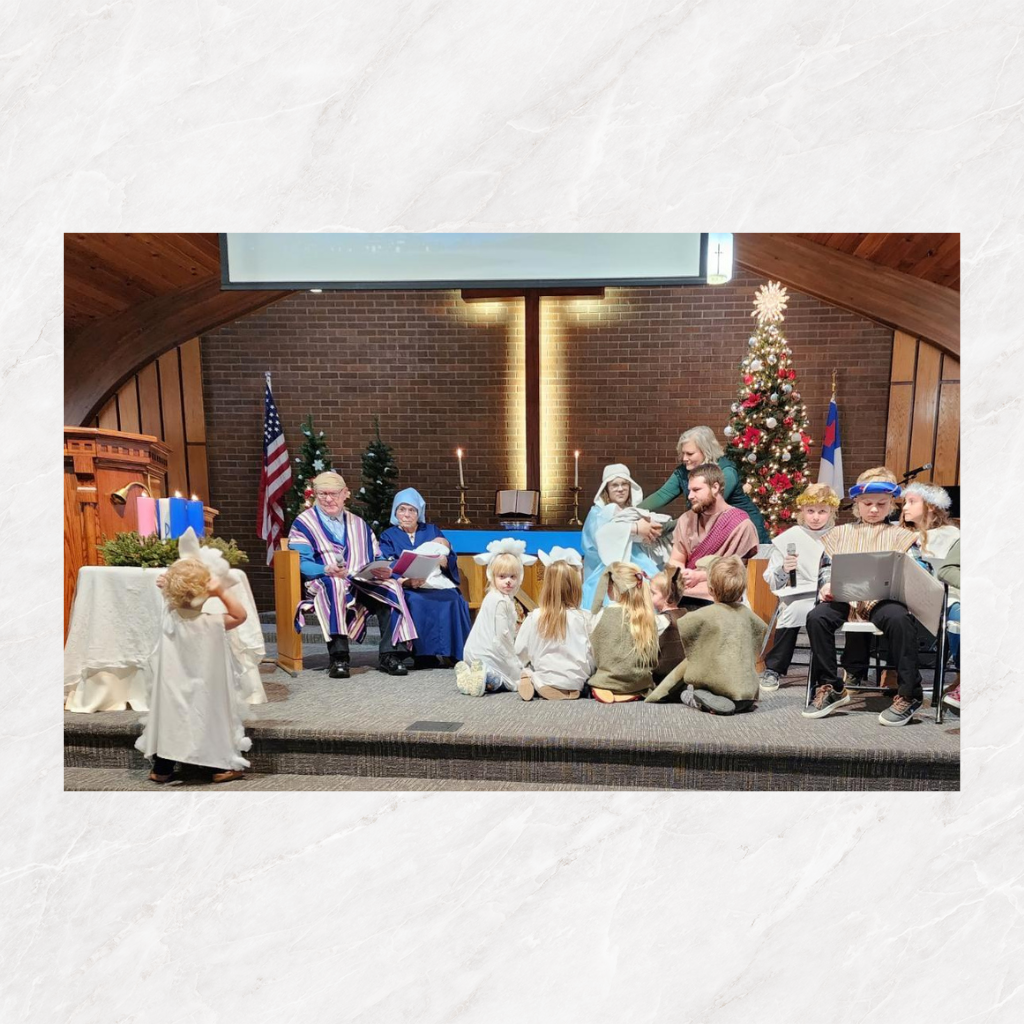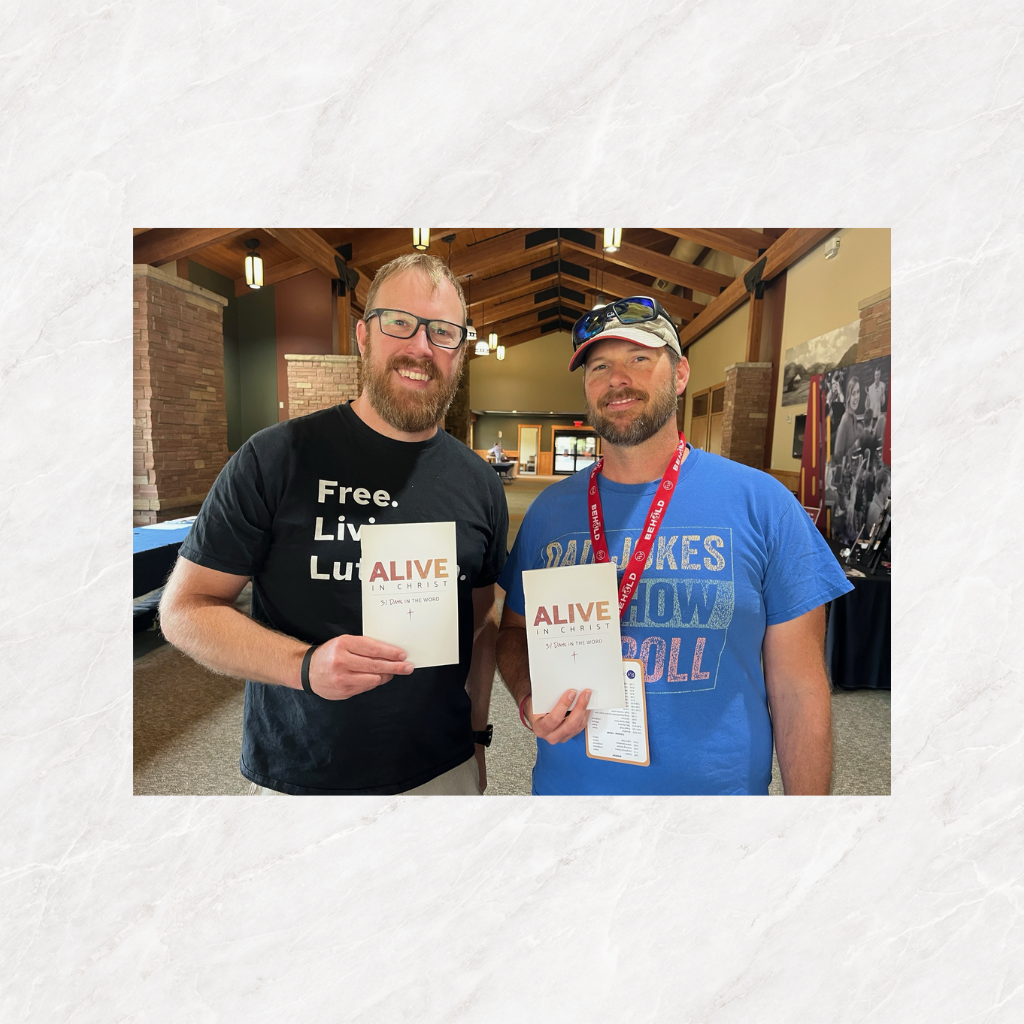Reviews
Don’t Tell Me That!

“Don’t tell me that!” cries a little boy as he covers his ears. That’s the title of the book that caught my attention as I was perusing the shelves in our Ambassador Publications’ bookstore. On the cover is a picture of a child screaming those words, with his hands over his ears. As a mother, I’ve been confronted with this situation, but even more so as a sinner myself, I relate to this child’s agony.
This book is one in a series of Luther’s writings from Lutheran Press, adapted by Paul Strawn and published in 2004.
Covering one’s ears against hearing the truth is such a natural reaction, isn’t it? The writer of the Foreword tells the story of confronting his young son with a broken toy. The father simply said, “You broke it.” Tears came, hands went up to shut the truth out, the boy’s mouth opened, and he screamed these words: “Don’t tell me that!”
Why, asks the writer, did these words devastate his son? What had happened here? Answering, he states that the Law of God had done its work. This is the setting for questions such as: “What Is Repentance?” and “Do Christians Really Need the Law?” Chapters follow to answer these questions: “Not to Make Us Right Before God, But to Expose Sin, Wrath and Death” and “Christian Repentance is Continual.”
There are twelve short chapters with several questions at the end of each one. I personally appreciated the succinctness with which Luther covered his topic and the questions posed which helped me know if I had understood. I found myself going back to reread, to capture what had been written.
The chapter that brought new understanding to me was “The Lord’s Prayer Is a Prayer of Repentance.” To quote: “For whoever prays the Lord’s Prayer rightly, confesses with his own mouth, that he sins against the Law, and for that, he is sorry.” Luther goes on to say that whoever prays that God’s name would be holy is confessing that God’s name is not yet completely holy. Though we state in the meaning to the First Petition that “God’s Name is indeed holy in itself,” we pray too “in this petition that it may be hallowed also among us.” Luther goes on to point out the focus on repentance in each petition. For centuries, he writes, the Lord’s Prayer has been prayed right before the Words of Institution and the distribution of the Lord’s Supper because it is a confession of sins.
Don’t Tell Me That is Luther’s answer to those in the church who would do away with the Law, claiming that it was fulfilled by Jesus and has no further purpose. This book and the others in the series make excellent adult Bible study material.
Clara Gunderson
AFLC Board of Publications and Parish Education
Milford, IL
Order your copy here: Ambassador Publications Online Store

Prayer Partners in Christian Education

Presents with Presence

